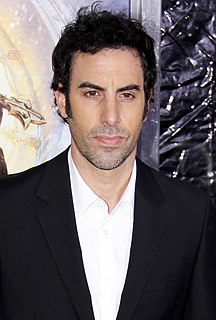A Quote by Bob Woodward
I don't think voters give a hoot about the character of their political advisors, except to the extent that character reflects on the candidates.
Related Quotes
The first thing that happens is the cleansing of the former character. I don't think a lot of actors talk about it, but there is usually a process where you essentially purge yourself of the character played prior to the movie. Then you want to think about what the character represents, and you write down all of the elements about this character and then take the time to find some synchronicity and start breathing the character.
Herbert Hoover was a man of genuine, fine character, but he lacked practical political sense. And he couldn't bend and shift and change with the requirements of the time. And he was a ruined President, because he was such a, I think, stiff-backed ideologue. And I think that speaks volumes about his character.
When I say 'yes' to a movie it's usually because, to a greater or lesser extent, it's because I'm enthusiastic about the character. How well that character ultimately comes off depends on a lot of things: your relationship with the director and so on. But at first, you're on board because you think you can do something with it.
































